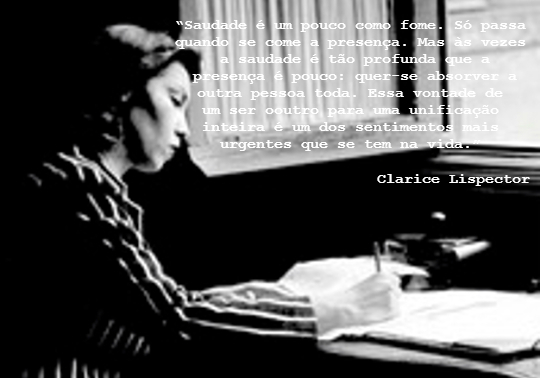French philosopher and political economist born in Besançon, one of the most radical representatives of utopian socialism in France and the creator of the cooperative community known as Fourierism, and creator of the hypothetical communities called phalansteries. The son of a cloth merchant, he worked as a merchant but ended up going bankrupt.
He dropped out of school at age 17, served in the army during the French Revolution. Removed from active duty due to health problems, he soon took a job as a clerk. He began to write about social and economic issues, at the same time as he formulated the defense of the existence of a natural social order, parallel to the physical order of the universe.
He launched the newspaper The Phalanx (1822), later changed to A Falange, defending his ideas, influenced by Rousseau's idealism. He proposed that society should organize itself into communities called phalansteries, a kind of city-buildings where people worked only as they pleased. Thus, he defended the end of the dichotomy between work and pleasure.
In the phalansteries goods would be distributed as needed and education would have to adapt to the inclinations of each child and there would be no moral restrictions on the practice of sex. He died in Paris and his greatest books were the Théorie des quatre mouvements et des destinées générales (1808) and Traité de l'association agricole domestique (1822). His doctrine anticipated, in many ways, Marxist socialism and psychoanalysis.
Figure copied from the UNIV website. TEXAS / PORTRAIT GALERY :
http://www.lib.utexas.edu/photodraw/portraits/
Source: http://www.dec.ufcg.edu.br/biografias/
Order F - Biography - Brazil School
Source: Brazil School - https://brasilescola.uol.com.br/biografia/francois-marie-charles-fourier.htm


